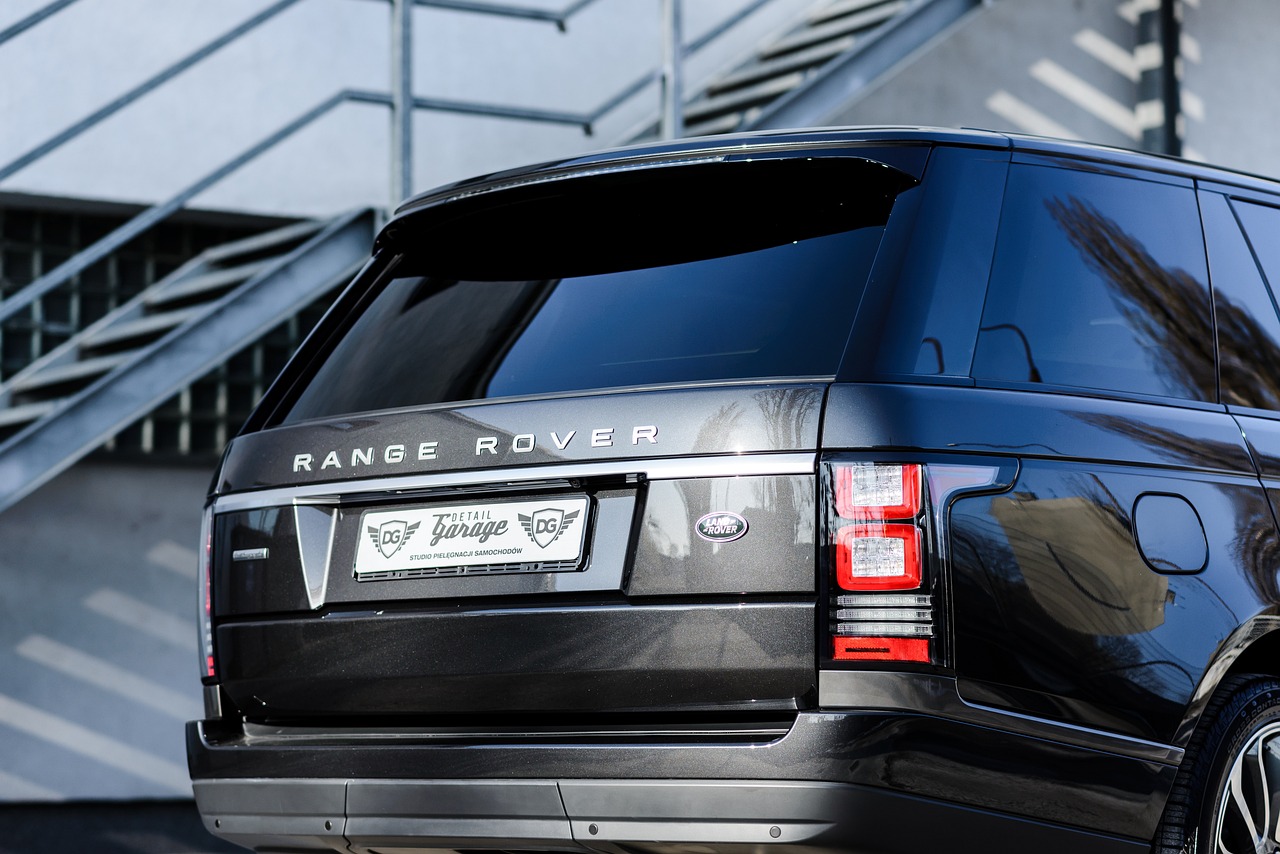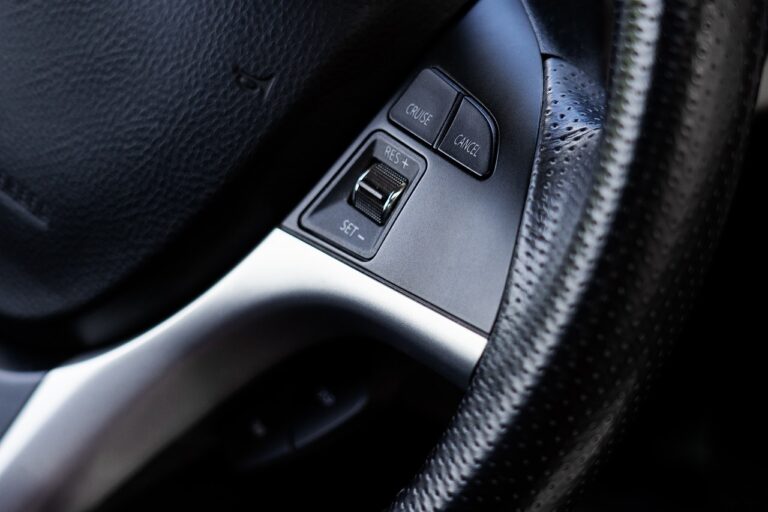Exploring the Role of Machine Learning in Personalized Automotive Experiences
Personalization in automotive experiences has become a significant factor in the way customers perceive and engage with their vehicles. With the rapid advancement of technology, including AI and machine learning capabilities, automakers now have the tools to cater to individual preferences and needs effectively. By customizing features such as entertainment settings, navigation preferences, and safety alerts, drivers can have a more tailored and enjoyable driving experience.
The ability to personalize automotive experiences not only enhances comfort and convenience for drivers but also contributes to overall safety on the road. For example, personalized driver assistance systems can provide real-time feedback based on individual driving habits, helping prevent accidents and promoting a safer driving environment. As more automakers invest in personalization features, we can expect to see a shift towards more user-centric designs and technologies in the automotive industry.
Understanding the Basics of Machine Learning
Machine learning is a subset of artificial intelligence that focuses on the development of algorithms and models that enable computers to learn from and make predictions or decisions without being explicitly programmed. The basis of machine learning lies in the ability of these algorithms to identify patterns and trends within data, allowing them to improve performance over time through experience.
One key concept in machine learning is the notion of training data, which is used to teach the algorithm how to make accurate predictions or decisions. This data is typically labeled, meaning that the desired output is specified for the input data, enabling the algorithm to learn the relationship between the input and output variables. Through the process of training, the machine learning model adjusts its internal parameters to minimize errors and improve accuracy in making predictions on new, unseen data points.
How Machine Learning Enhances User Experience in Vehicles
Machine learning plays a pivotal role in revolutionizing the user experience within vehicles. By leveraging complex algorithms, machine learning enables vehicles to collect and analyze vast amounts of data, leading to more personalized and intuitive interactions for drivers and passengers alike. From predicting driver behavior to providing real-time recommendations, machine learning enhances every aspect of the in-car experience.
Moreover, machine learning drives advancements in safety features within vehicles. By continuously learning and adapting to different driving scenarios, these systems can proactively alert drivers to potential hazards or even assist in collision prevention. This holistic approach not only enhances user experience but also prioritizes the safety and well-being of everyone on the road.
• Machine learning enables vehicles to collect and analyze vast amounts of data
• Predicts driver behavior for personalized interactions
• Provides real-time recommendations for a more intuitive experience
• Drives advancements in safety features within vehicles
• Proactively alerts drivers to potential hazards
• Assists in collision prevention
• Prioritizes safety and well-being of everyone on the road
What is the importance of personalization in automotive experiences?
Personalization allows vehicles to tailor the user experience to individual preferences, making the driving experience more comfortable and convenient for the driver.
Can you explain the basics of machine learning?
Machine learning is a subset of artificial intelligence that enables systems to learn and improve from experience without being explicitly programmed. It uses algorithms to analyze data, identify patterns, and make decisions.
How does machine learning enhance user experience in vehicles?
Machine learning in vehicles can analyze data from sensors, cameras, and other sources to understand driver behavior and preferences. This allows for personalized features such as adaptive cruise control, automatic climate control, and predictive maintenance alerts.







